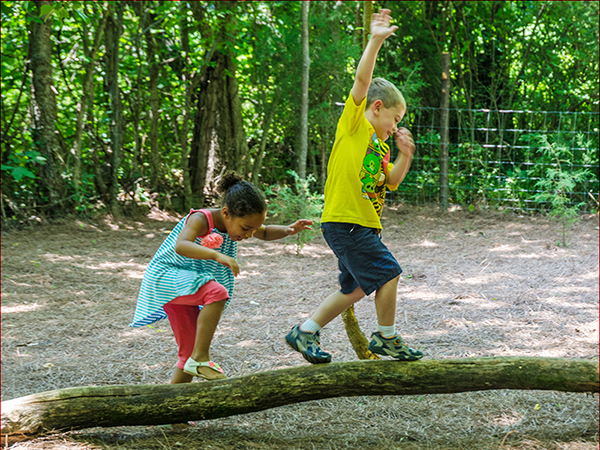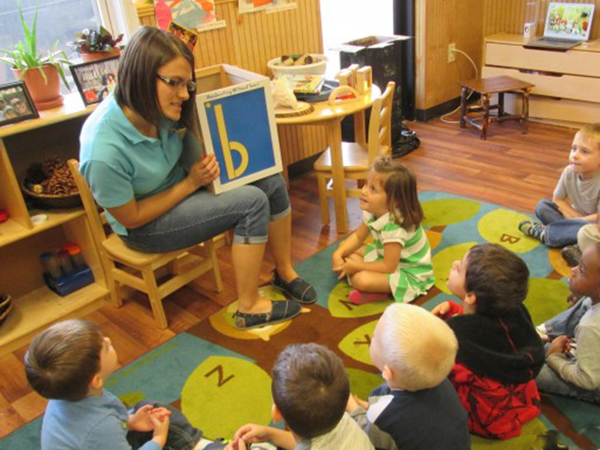Transitioning To Kindergarten : School Readiness
Data from a recent survey of kindergarten teachers by the Partnership for School Readiness, a collaborative of public, private and non-profit organizations adds to the mounting evidence that kindergarten readiness is not as simple to define as you might think.
Contrary to popular conceptions of what it means for a 5-year-old to be ready for kindergarten, most kindergarten teachers are not wishing for rooms full of children who can already identify the letters of the alphabet. What they want instead are children who have learned how to regulate their impulses, follow through on a difficult task and have the self-control to listen to the teacher’s directions for a few minutes. Teachers said that it was easiest to help students develop their academic skills and hardest to make an impact in developing their self-regulation skills.
We want to thank Stonebrook Day School for a wonderful two years of school and summer camps. Noah has flourished over the last two years. Most importantly we thank you for all of your support to our family. – Michael, Shannon & Noah H.
There are seven “domains” our teachers reference in developing programs that enhance students’ development and readiness for kindergarten and beyond. These domains are the foundation for what kindergarten readiness experts call “setting the stage” for kindergarten. In keeping with the time-honored theory, “you have to learn to walk before you can run”, these developmental steps are crucial to providing the foundation by which children will eventually be able to absorb the reading and writing skills that will be taught in kindergarten.
- Cognitive
- Social – Emotional
- Fine Motor
- Gross Motor
- Self Help
- Creative Play
- Language
Stonebrook Day School recognizes the guidelines and standards of the Tennessee Department of Education while incorporating the Reggio Emilia-influence that embraces child-directed play as a natural and wonderful opportunity for learning. We concentrate on the base readiness skills such as enthusiasm for learning, solid oral-language skills, the ability to listen, the desire to be independent, the ability to play well with others, strong fine-motor skills, and basic letter and number recognition.














